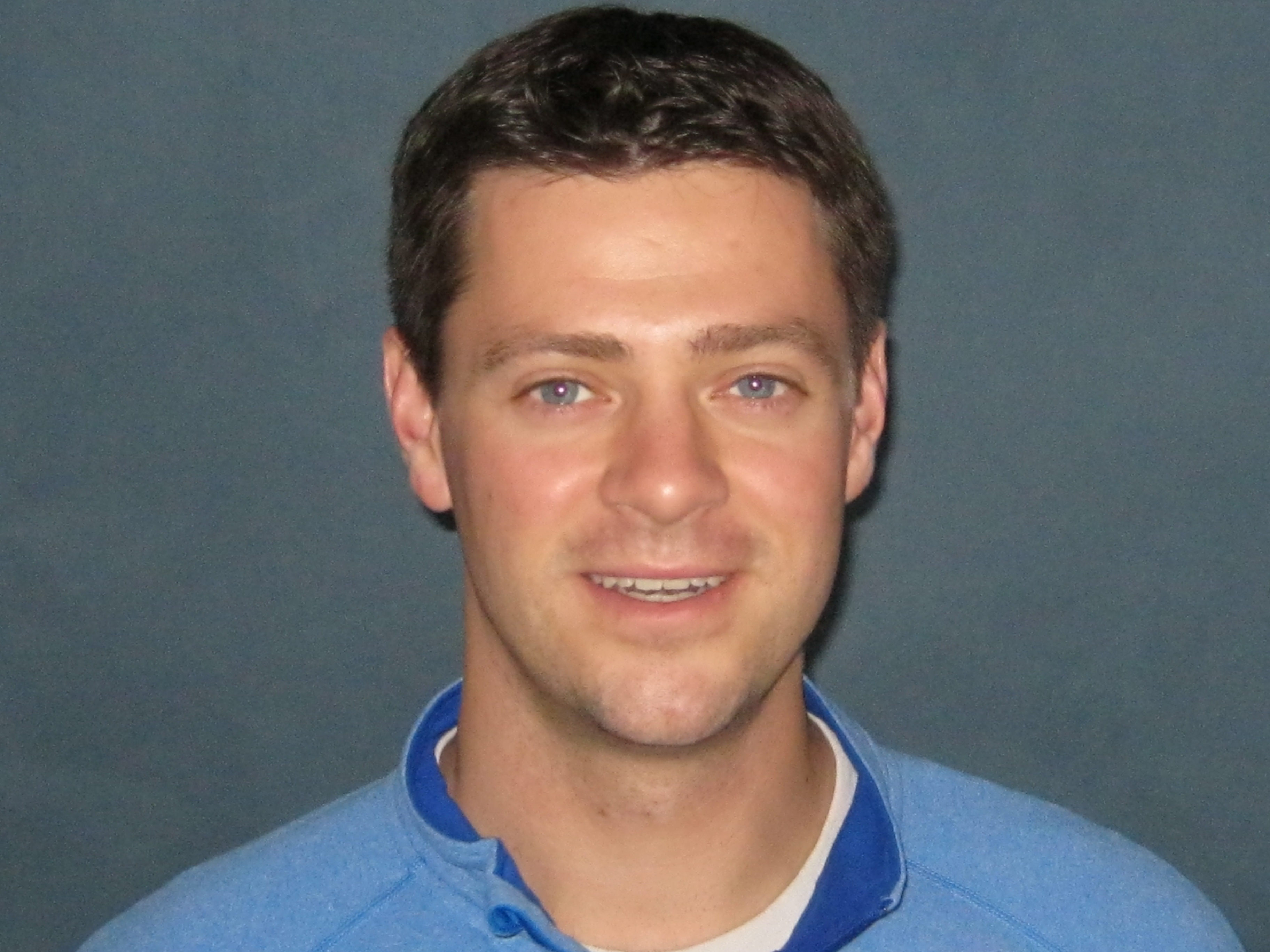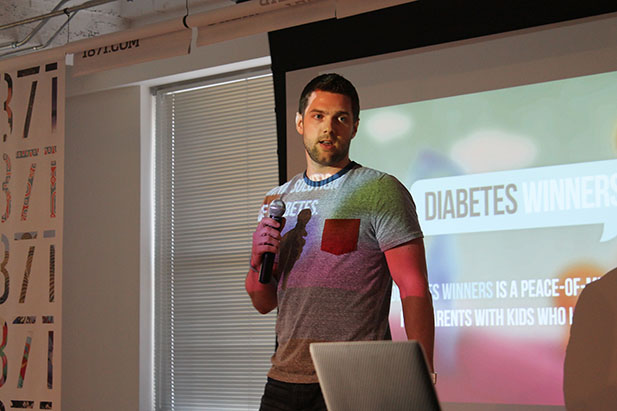 In high school, Brenton Sullivan knew he was good enough to play college sports, but went almost completely unnoticed by college recruiters. But at the University of Southern California (USC), he walked onto the varsity baseball team and later went on to earn an athletic scholarship.
In high school, Brenton Sullivan knew he was good enough to play college sports, but went almost completely unnoticed by college recruiters. But at the University of Southern California (USC), he walked onto the varsity baseball team and later went on to earn an athletic scholarship.
As a catcher, Brenton worked closely with his coaches and became obsessed with the recruiting process. Mentored by some of the nation’s top scouting minds, he recognized that recruiting had some obvious flaws that the Internet could solve— without a platform to distribute an athlete’s profile directly to coaches, the online profile is pointless.
So Brenton and his business school classmate, Kai Sato, got to work writing a business plan that detailed how an exclusive social network that connected trusted coaches could empower teams to easily find the right players. Teams use FieldLevel to identify and evaluate athletes more effectively. Their concept, which formed the basis for FieldLevel, won “Best Business Plan” from USC’s top-ranked entrepreneurial program. Now a standard in baseball and utilized by the majority of all college teams, FieldLevel was awarded top honors from the American Baseball Coaches Association.
I spoke with Brenton, FieldLevel’s Co-founder and CEO, in an exclusive interview to find out what’s behind his success.
What inspires you about entrepreneurship and innovation?
BS: I like to see the right teams come together—ask the right questions and work together to solve major problems. Entrepreneurial concepts often center around solving a personal pain and that drives the vision for a start-up company — if this was in place, life would be better and there would be more opportunities, or this thing that hurts me won’t be a problem anymore.
A team that can rally around that vision can really hit stride to move fast.
I’ve always been an athlete—the individual sports weren’t as exciting to me but with team sports like basketball, it’s about everyone getting on the same page and working in harmony to make things happen. This is one of the reasons why sports became such an important part of my life, because I couldn’t wait to compete with such awesome teammates with the same goals.
What got you interested in entrepreneurship?
BS: My grandfather was a venture capital pioneer. He started sharing with me a new perspective on life when I was really young and wanted to start talking about ideas—he was always excited about the concepts that were foggy or hard for other people to grasp. He said if someone tells you something is impossible, that’s where the uncharted territory is. He taught me to ask myself, “How could it be possible?”
How is FieldLevel setting the stage to disrupt your industry?
BS: My generation went through the technology revolution—the shift away from actually going to the library and pulling encyclopedias for information. But I personally went through the recruiting process during the early stage of technology as well. I got a perspective from an athlete’s point of view and then saw the other side during my role as Director of Operations for the varsity baseball team at USC. I got to understand the recruiting industry by trying to understand the primary goals for people in this industry.
FieldLevel is not changing what’s going on but is enhancing the key components of what already exists. Our technologies will open up a lot of opportunities for both coaches and athletes that weren’t available before. We want coaches to understand that they have a competitive advantage by using our platform, and competition is what our industry is all about.
Three things you love about being in the Silicon Beach tech scene?
BS: First, there’s a feeling of momentum in this West LA tech bubble. Ground waves are happening, and it’s not overrun with people with fluff business. Everyone is starting to open up more and collaboration is happening; the pulse of momentum is building.
Second, there are benefits to being away from the Bay Area—we’re not getting caught up with some of the negative trends like rapid growth without some sort of foundation and not providing real-world value. The pressures are gone—no one’s bombarding you with questions like, “Where’s your massive adoption and growth?” when you’re still a young product.
Third, the entertainment industry is very entrepreneurial—there’s a merger of ideas and principles. The ability to learn from other industries is an advantage. Get a different viewpoint—it’s healthy to see it.
What keeps you sane when things get tough?
BS: I have a really good support system—I’m lucky that I have a strong group of friends for perspective or support. At the very least, you need to have awareness—when you understand what you’re trying to achieve, you can talk about it to friends.
I have people to go to on a confidential basis that I can be real with. This is a form of balance. I work really hard and some people say I never turn off. I’m lucky that I found something that I love to do, but there is always a need for balance in my life. It offers me a fresh perspective, looking outward to see if the passions are still aligned.









